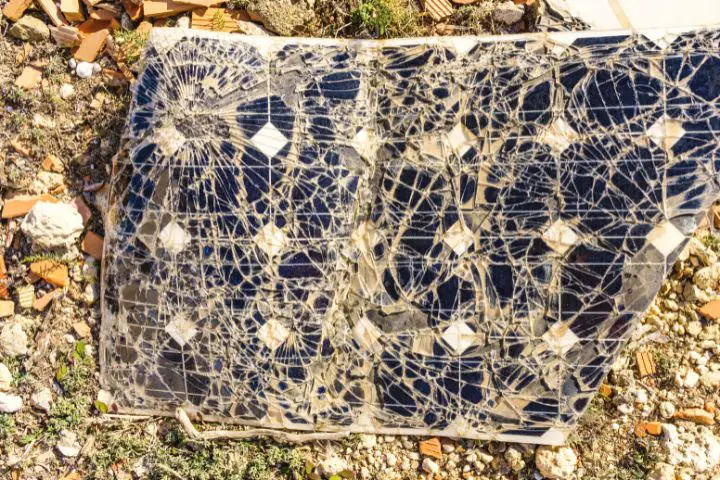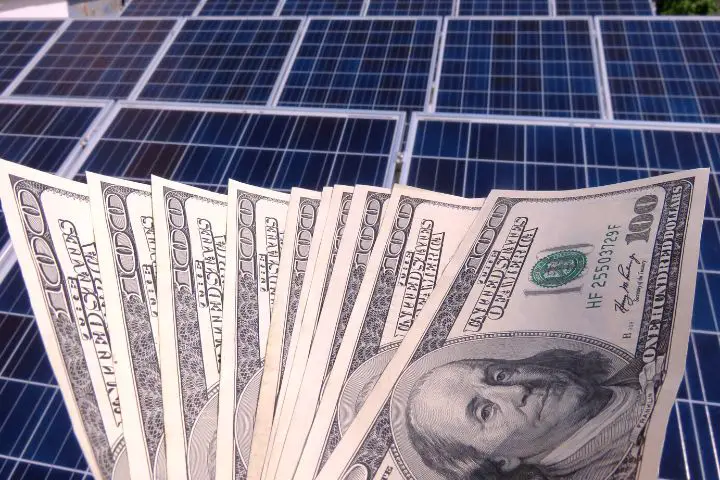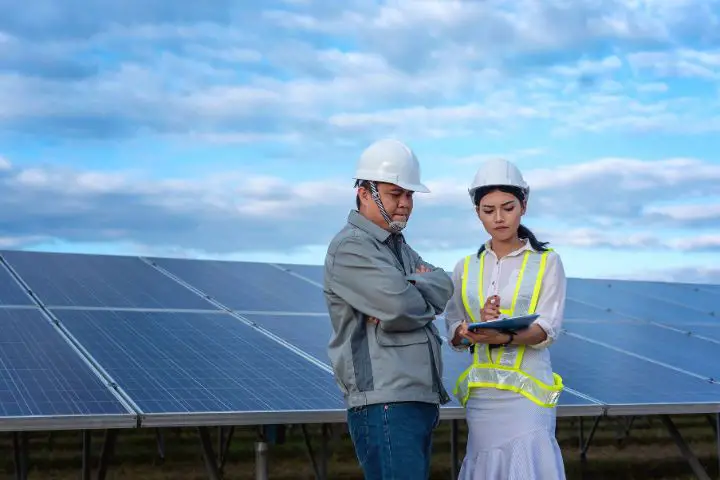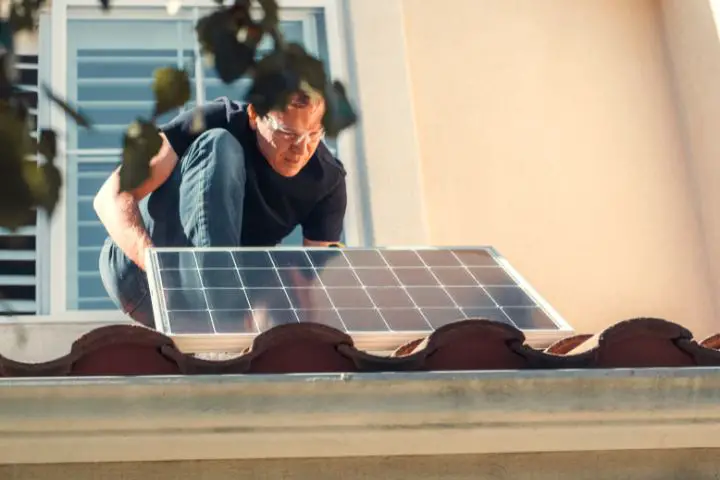Solar Panel Insurance: The Ultimate Guide to Protecting Your Investment
It sounds controversial, but skipping out on solar panel insurance is your least eco-friendly move.
There, I said it. What’s the point of going green if a single storm can turn your investment into expensive lawn decor?
Let me help you unpack everything you need about insuring your solar panels, including costs, coverage, and all the eco-essentials. Whether you’re a homeowner or a business, consider this your ultimate pre-purchase primer!
The Insurance Landscape for Solar Panels
Gone are the days when insurers eyed solar panels like a puzzling piece in a jigsaw they couldn’t quite place. Today, they’re embracing solar tech as responsibly as we welcome reusable grocery bags.
Here’s what may be covered:
- Installation: Mess-ups during setup, and your panel looks like abstract art? (And I do NOT mean actual solar panel art.) Covered. This means if a panel gets damaged or if it damages your property during installation, you’re not left holding the (reusable) bag. However, here as in all other points, the keyword is “may.”
- Weather damage: Most solar panel insurance policies cover weather-related damages. You’re generally covered whether it’s hail, wind, or even a tree branch that decided to get too friendly with your panels.
- Maintenance and cleaning: If you go up there and clean or maintain the panels, some policies will still cover you if something goes wrong. However, this varies by policy, so read the fine print.
- Theft: Believe it or not, solar panels are hot commodities—literally and figuratively. Theft coverage ensures that if someone decides your panels would look better on their roof, you can replace them without draining your pockets.
- Fire: Solar panels are designed to absorb heat but are not invincible. If a fire breaks out and your panels are damaged, most insurance policies will cover the cost of replacement or repair. This is just another reason to take advantage of that insurance!

Solar Panel Insurance Coverage: What’s in the Fine Print?
While most policies cover installation, weather damage, and the like, some nuances exist. For instance, vandalism might not be covered, or there could be limits on weather-related damages.
Always read the fine print. It’s like checking the ingredients on a new vegan snack—necessary!
Some policies won’t cover damages from natural disasters like earthquakes or floods. Others might exclude coverage if you installed the panels yourself. Knowing what’s covered or not is crucial so you’re aware of the situation (literally).
Homeowner’s Insurance: Friend or Foe?
Now, the million-dollar (or hopefully less) question: Will your existing homeowner’s insurance cover your new solar panels?
The short answer is maybe. Some homeowner’s policies will extend coverage to solar panels as part of the home’s structure. Others treat them as “personal property,” requiring additional coverage.
And what if you’re leasing your panels? That’s a whole different ball game, often requiring a separate policy.
How Much Does Solar Panel Insurance Cost?
Let’s talk numbers because even in the world of sustainability, money still makes the world go ’round,’ or at least the solar panels spin.
The cost of insuring your solar panels can vary. We’re talking anywhere from $200 to $600 per year, depending on factors like your location, the size of your system, and the coverage you choose.

But the keyword we’ve all been waiting for: “How much does home insurance go up with solar panels?”
Drumroll, please… It’s complicated.
Some insurers might increase your premium by 5-10%, while others might not charge you an extra dime. Why? Because solar panels can both increase and decrease risk. They’re valuable, so they could make your home a target for theft. But they also show you’re responsible, which insurers love.
Is It Worth It?
Let’s cut to the chase. Is solar panel insurance worth it?
In my not-so-humble opinion, absolutely yes! You’ve already invested in a greener future by installing solar panels, so why not protect that investment? Sure, there’s a cost – everything good usually comes with a price tag. But think about it: that cost is peanuts compared to what you’d shell out if something goes wrong.
The fine print can be a drag, I get it.
But once you’ve navigated that solar maze, you’re left with peace of mind. You can sleep better knowing you’re covered if Mother Nature throws a tantrum or some sticky-fingered individual’s eyes on your panels.
What to Watch Out for in Solar Panel Insurance
Remember that time in Florida when solar companies just up and left their customers high and dry? Yeah, that happened, and it wasn’t a pretty scenario for the homeowners.
Always research the reputation of your solar panel company and insurance provider. If they’ve ditched customers before, who’s to say they won’t do it again?

Another thing that should be under your looking glass is the types of fine-print policies. Some policies won’t cover specific natural disasters or self-inflicted damages. Know what’s excluded so you’re not left in a lurch.
If you’re a DIY enthusiast (like myself), be aware that some insurance policies won’t cover damages if you’re the one who caused them. So, leave the complicated stuff to the pros.
Leasing vs. Owning: The Insurance Dilemma
Here’s the catch: Since you won’t own your solar installation, you might think insurance isn’t your problem. And you’d be mostly right. Generally, the leasing company carries insurance for the panels, covering most of the issues we’ve discussed – installation, weather damage, etc.
While it’s true that leased panels are usually insured by the leasing company, there are some gray areas.
For example, you might be held responsible if you cause damage to the panels, say, during a DIY cleaning spree. Some homeowner’s policies might offer limited coverage for leased panels under “third-party property” clauses. This clause provides a little coverage of property you don’t own but are responsible for.
If your policy has this clause, it could provide a safety net in case your DIY adventures go south or if some other mishap occurs that the leasing company’s insurance doesn’t cover.
It’s rare, but it’s worth checking out.
Your Solar Setup Matters: Off-Grid vs. On-Grid Insurance

Going off-grid is excellent, but hold your horses – insurance for off-grid systems can be a bit trickier.
Because you’re not connected to the grid, you’re solely responsible for your energy supply. This can make you a higher risk in the eyes of insurers, so premiums might be a tad higher.
If you’re on-grid, you’re part of a community, sharing energy back and forth. Insurance companies generally find this less risky, making your premiums more affordable.
Hybrid Systems: The Best of Both Worlds?
Hybrid system – the Jack-of-all-trades in the solar world.
With a hybrid system, you’re connected to the grid but also have battery storage for backup. It’s the best of both worlds, offering you the flexibility to use grid power when needed and store excess energy for later.
But here’s the catch: Flexibility can complicate your insurance situation as a zero-waste recipe with 15 ingredients. You’ll likely need a specialized insurance policy that covers your system’s on-grid and off-grid aspects. Think of it as a custom insurance blend tailored to your unique setup. This might include coverage for your battery storage, specialized equipment, and potential liability issues if your stored energy causes any problems.
What the Pros Say
While most home insurance policies do cover rooftop panels, it’s not always the case. Some require a supplemental insurance policy. Or they may ask you to pay an extra.
Another thing to remember is that the roof damage during installation might not be covered by home insurance. It is absolutely essential to prioritize working with solar installation teams that are highly experienced and fully licensed to ensure nothing but the very best possible outcome.

One unique gem I found in this solar insurance maze is the National Renewable Energy Laboratory report diving deep into the world of solar panel insurance, covering everything from the types of damages that are typically covered – like hail, wind, and fire – to the roles of various parties in the insurance transaction. It even talks about the importance of claims-paying ability and claims-handling responsiveness.
I learned it’s not just about finding the cheapest premium; it’s about how well the insurance company handles your claims when everything with your solar panels goes south.
Solar Panel Insurance: The Wrap-up
Insurance companies are finally getting on the solar bandwagon, and there’s a policy for every setup, whether you’re an off-grid hermit or an on-grid socialite. So, no excuses!
You’re already spending a lot on your solar setup, so why skimp on protecting it? It’s like buying a Tesla and refusing to insure it because you’re “saving the planet.”






